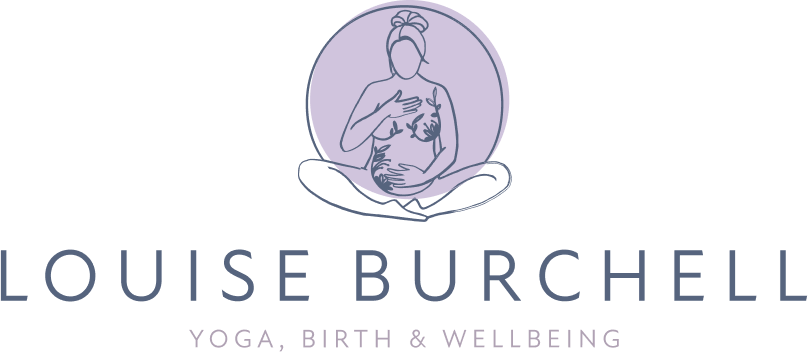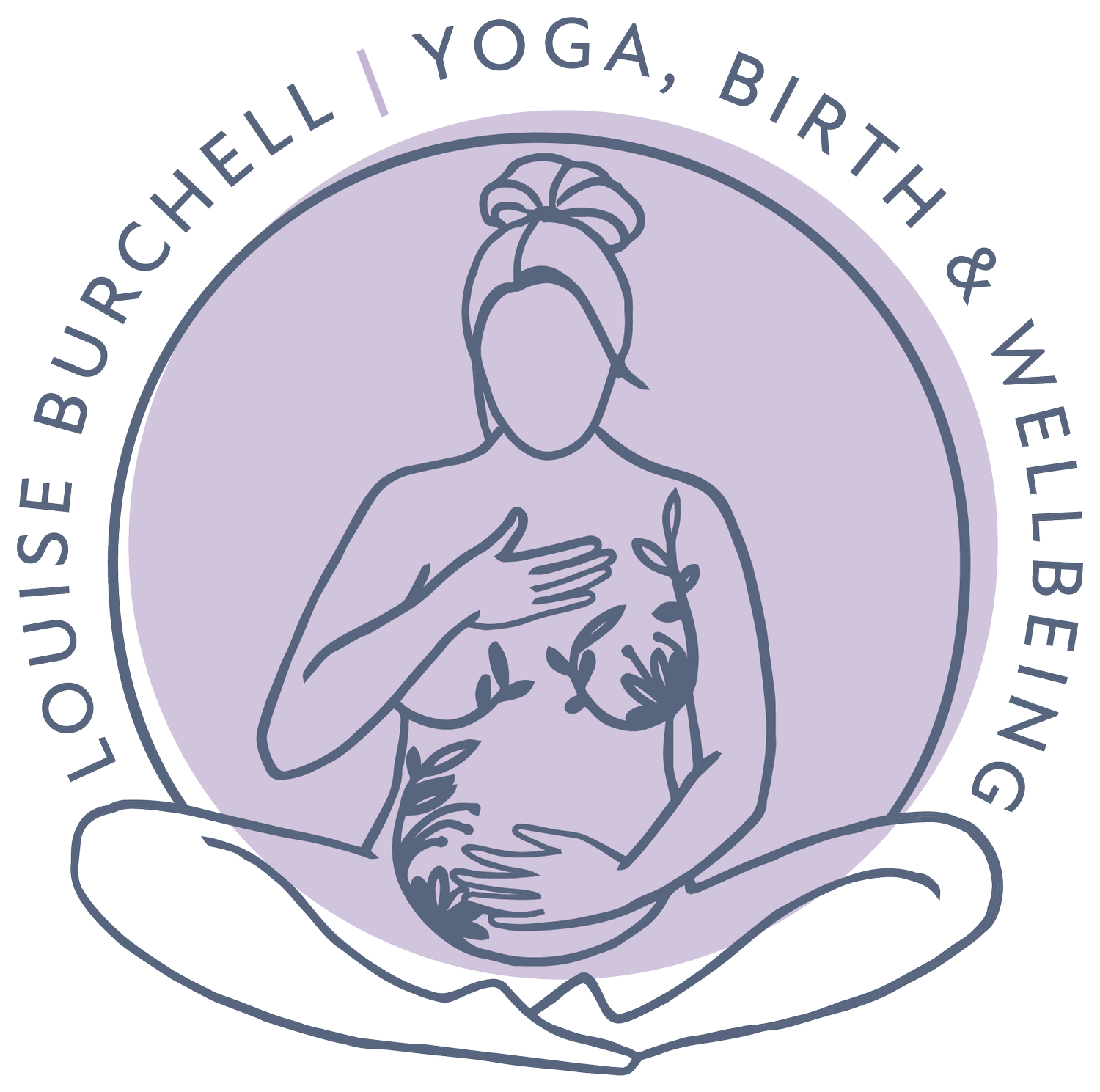How to Find the Right Counsellor for You
Finding the right counsellor can feel like a daunting task, especially if you're already feeling overwhelmed. However, taking the time to find someone who suits your needs can make a big difference in your experience and outcomes. Here are some steps to help you choose the right counsellor for you:
1. Identify Your Needs
Start by considering why you’re seeking counselling. Are you dealing with anxiety, grief, relationship issues, or something else? Some counsellors specialise in specific areas, such as trauma, perinatal support, or addiction. Identifying your main concerns will help narrow your search to professionals with the relevant expertise.
2. Decide on Practicalities
Think about what works best for you in terms of logistics:
Location: Do you want someone local for in-person sessions, or are you comfortable with online therapy?
Schedule: Do their available times fit with your schedule?
Budget: Determine what you can afford and whether they offer sliding scale fees.
3. Check Qualifications and Memberships
Look for a qualified counsellor who is registered with a professional body, such as the British Association for Counselling and Psychotherapy (BACP) or COSCA (Counselling and Psychotherapy in Scotland). Membership ensures they follow ethical guidelines and meet certain standards of training and supervision.
4. Research Their Approach
Counsellors use different therapeutic approaches, such as:
Person-Centred Therapy: Focused on empathy and understanding.
CBT (Cognitive Behavioural Therapy): Practical tools to address thought patterns.
Psychodynamic Therapy: Exploring how past experiences and unconscious processes influence present behavior.
Pluralistic Therapy: A tailored approach that combines different techniques.
There are many other types of counselling approaches. Reading about their approach can help you decide if it resonates with you.
5. Take Recommendations
Ask friends, family, or other professionals you trust for recommendations. Hearing about someone else’s positive experience can give you confidence in reaching out to a particular counsellor. However, keep in mind that what works for one person may not necessarily work for you, so trust your instincts as well.
6. Read Their Website or Profile
Most counsellors have a website or profile that outlines their experience, qualifications, and how they work. Pay attention to their tone—does it feel approachable? Do they describe their services in a way that makes you feel understood?
7. Trust Your Gut
The therapeutic relationship is one of the most important factors in successful counselling. After your first session, ask yourself:
Did I feel comfortable and understood?
Could I see myself opening up to this person?
If the connection doesn’t feel right, it’s okay to give it a bit longer or explore other options. The right counsellor for someone else might not be the right one for you, and that’s perfectly normal.
8. Be Patient
Finding the right counsellor might take time, but it’s worth the effort. A good match can make a significant difference in your journey toward healing and growth.
Finding the right counsellor is a personal process, and there’s no "one-size-fits-all" solution. By taking these steps, you can feel more confident in your choice and start building a supportive therapeutic relationship.
Get in touch if you think I could be the right counsellor for you or if you have any questions you would like to ask to help you decide: louise@louiseburchell.com

